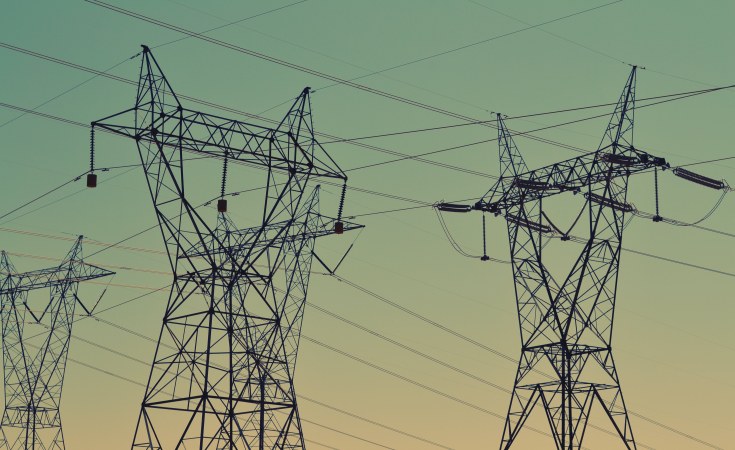Government has raised electricity imports from Mozambique and South Africa as part of efforts to curb load shedding impacting negatively on production in industries and household usage.
The country has been experiencing at least 16 hours of load shedding per day owing to depressed power generation at Kariba dam and maintenance work at Hwange Units 7 and 8.
Responding to questions on what the government is doing to end load shedding, Minister of Energy and Power Development Edgar Moyo said the country is currently engaged in talks with neighbouring countries as part of measures to bring the electricity situation to normalcy.
Moyo added that the country is also expected to reap the solar benefits by the end of first quarter next year.
"We are also working on bringing in more inputs into the country although they are a drain in our foreign currency situation, we are currently negotiating with our neighbouring countries and we have been able to raise our imports between South Africa and Mozambique," said Moyo.
"However, in the medium to long term, the idea is to increase our solar outlay because our solar is the easiest of the fruits that we have. We are looking at different independent power producers who have presented their projects and some of them are currently on-going.
"We think that by the beginning of the first quarter of 2024, we should be able to reap quite significantly from our solar projects," the minister added.
Moyo said plans were in motion to repair and service Units 1 to 6 in Hwange which have not been working.
"There is also a programme to repower Units 1 to 6 in Hwange so that we improve generation because they have outlived their life-span. So the idea is to do some repowering so that we can increase the efficiency of production of power within those units and those efforts are under way."
Following up to the minister's submissions opposition Citizens Coalition for Change (CCC) lawmaker and chairperson of the Committee on Energy Leslie Mhangwa said the solar system come with a lot instability
"In as much as you proffer solar as a solution, it comes with system instability unless you are putting batteries. So, what is the plan that will make us secure within the medium and long term," queried Mhangwa.
"Then on the issue of solar, yes, batteries are very important as a storage facility for solar to avoid the inconsistencies that come with the absence of sun during the night," Moyo responded.
"Technologies have been developed and just last week, there was an international solar alliance assembly where these technologies were on display.
"We made an arrangement with ISA for them to come to Zimbabwe in January to assist the country in terms of acquiring the storage facilities in the form of batteries and also to do feasibility studies, teach and power reports on the floating solars on Kariba," he added.
According to the energy minister, whilst the country is experiencing hydrological issues in Kariba, Zimbabwe can still reap benefits from the dead water in Kariba through installing floating solar systems up there.


